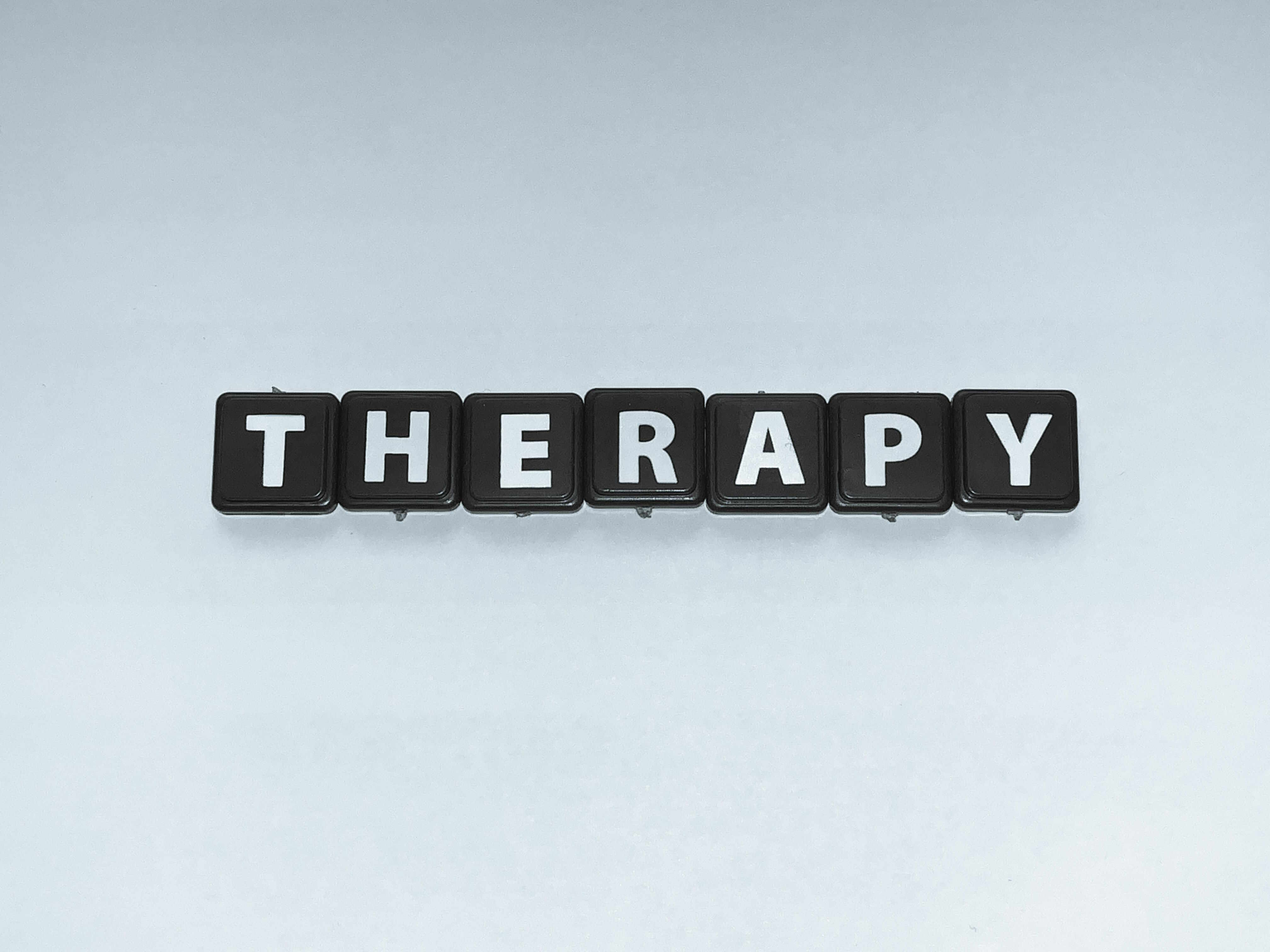This depression test hit harder than I was ready for
I clicked on a depression test thinking it’d be just another random quiz. Nothing serious. But the questions got a little too real, and the results? Way more accurate than I expected. If you’ve been feeling low or stuck lately, it might hit you harder than you think.

What happens when taking a depression test out of curiosity?
Many people stumble across online depression tests during late-night browsing sessions or after seeing them shared on social media. The initial motivation is often simple curiosity rather than genuine concern about mental health. These tests typically present as quick, accessible questionnaires that promise insights into your emotional well-being within minutes.
The experience usually begins lightheartedly. You might think you’re just killing time or satisfying idle curiosity. However, as you progress through questions about sleep patterns, energy levels, social withdrawal, and feelings of hopelessness, the tone shifts. What seemed like a harmless quiz suddenly feels more like a mirror reflecting aspects of your life you hadn’t fully acknowledged.
Why do online results feel a little too accurate sometimes?
The unsettling accuracy of some online depression tests stems from their foundation in established psychological screening tools. Many reputable tests incorporate elements from validated instruments like the PHQ-9 (Patient Health Questionnaire) or Beck Depression Inventory, which mental health professionals use in clinical settings.
These questionnaires focus on specific symptoms and behavioral patterns that research has identified as indicators of depression. When online results feel uncomfortably accurate, it’s often because the questions target universal human experiences during difficult periods. The algorithms behind these tests analyze response patterns that correlate with depressive symptoms, making their assessments surprisingly insightful despite their simplified format.
What signs you might be ignoring in yourself become obvious?
Depression often develops gradually, making it easy to dismiss early warning signs as temporary stress or normal life challenges. Common signs people overlook include persistent fatigue that sleep doesn’t resolve, loss of interest in previously enjoyable activities, difficulty concentrating at work or school, and subtle changes in appetite or sleep patterns.
Social withdrawal is another frequently ignored indicator. You might notice yourself declining invitations, avoiding phone calls, or finding excuses to skip social gatherings without recognizing this as a potential symptom. Emotional numbness or feeling disconnected from your usual interests can also creep in so slowly that it feels normal rather than concerning.
How do casual tests reveal real emotions effectively?
The structured nature of depression tests creates a framework for honest self-reflection that many people lack in their daily lives. By presenting specific questions about mood, behavior, and physical symptoms, these assessments encourage you to pause and honestly evaluate your recent experiences rather than pushing through on autopilot.
The anonymity of online testing also removes social pressure and judgment, making it easier to acknowledge difficult feelings. When you’re not explaining your responses to another person, you’re more likely to answer truthfully about sensitive topics like suicidal thoughts, feelings of worthlessness, or relationship difficulties.
What unique mental health resources exist across America?
The United States offers diverse mental health resources that vary significantly by region and community. Crisis Text Line provides 24/7 support nationwide by texting HOME to 741741, while the 988 Suicide & Crisis Lifeline offers immediate phone support. Many states have expanded telehealth options since 2020, making professional counseling more accessible in rural areas where mental health providers are scarce.
Community health centers in underserved areas often provide sliding-scale mental health services, and many universities offer training clinics where graduate students provide supervised therapy at reduced rates. Employee Assistance Programs through workplaces frequently include free counseling sessions, and some insurance plans now cover mental health apps like Headspace for Work or specialized therapy platforms.
How much do professional depression assessments cost?
Professional depression evaluations vary widely in cost depending on provider type and location. Initial psychiatric evaluations typically range from $200-500, while licensed clinical social workers or counselors may charge $100-200 per session. Many insurance plans cover mental health services with copays between $20-50 per visit after meeting deductibles.
| Service Type | Provider | Cost Estimation |
|---|---|---|
| Initial Psychiatric Evaluation | Psychiatrist | $300-500 |
| Therapy Session | Licensed Clinical Social Worker | $100-150 |
| Therapy Session | Licensed Professional Counselor | $80-180 |
| Community Mental Health | Federally Qualified Health Center | $25-100 (sliding scale) |
| Online Therapy Platform | BetterHelp, Talkspace | $60-100 per week |
Prices, rates, or cost estimates mentioned in this article are based on the latest available information but may change over time. Independent research is advised before making financial decisions.
Moving forward after an unexpected wake-up call
When an online depression test reveals more than you bargained for, it’s natural to feel overwhelmed or uncertain about next steps. The key is treating these results as a starting point for deeper self-awareness rather than a definitive diagnosis. Professional mental health providers can offer comprehensive evaluations that online tests cannot match.
Consider reaching out to your primary care physician, who can provide referrals to mental health specialists in your area. Many therapists offer brief phone consultations to help determine if their approach aligns with your needs. Remember that seeking help demonstrates strength and self-awareness, not weakness or failure.
This article is for informational purposes only and should not be considered medical advice. Please consult a qualified healthcare professional for personalized guidance and treatment.




